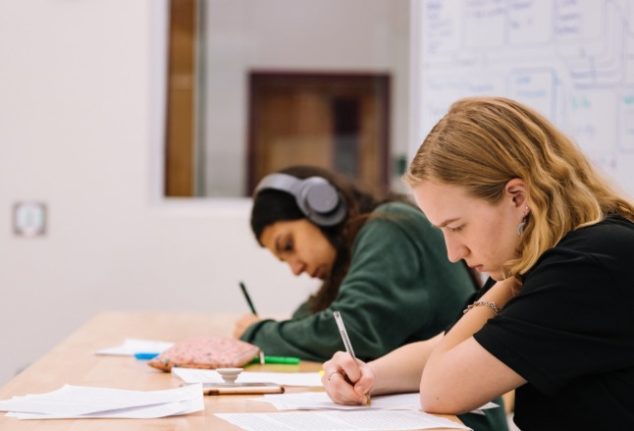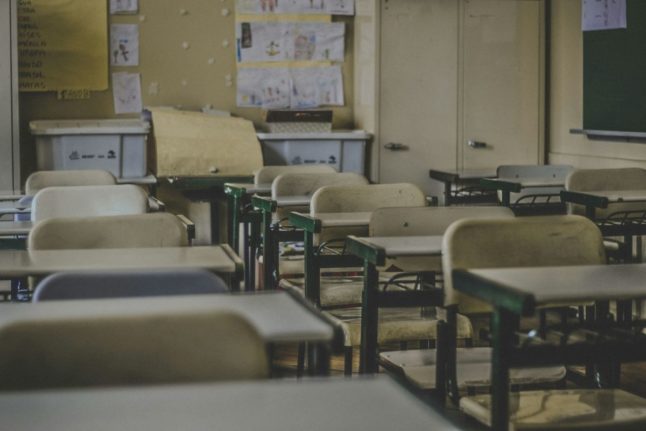Norwegian education authorities have decided to axe the spring exams for the third year running due to Covid-19. The announcement was made at a press conference on Friday by Education Minister Tonje Brenna.
“This is not an easy decision. I think exams are an important part of the final assessment, and we will have exams in Norwegian schools in the future,” Brenna said.
Brenna also explained that the decision to cancel exams was the fairest for all students because schools in different areas have been subject to varying Covid restrictions for much of the school year, meaning that students across the country will have faced differing levels of disruption to their education.
The decision to cancel exams follows a recommendation from the Directorate of Education to do so.
Private, and vocational exams will go ahead as usual, as they did last year.
According to the education directorate’s recommendations, higher education admissions will work as normal, meaning students will be admitted on their final subject grades.



 Please whitelist us to continue reading.
Please whitelist us to continue reading.
Member comments